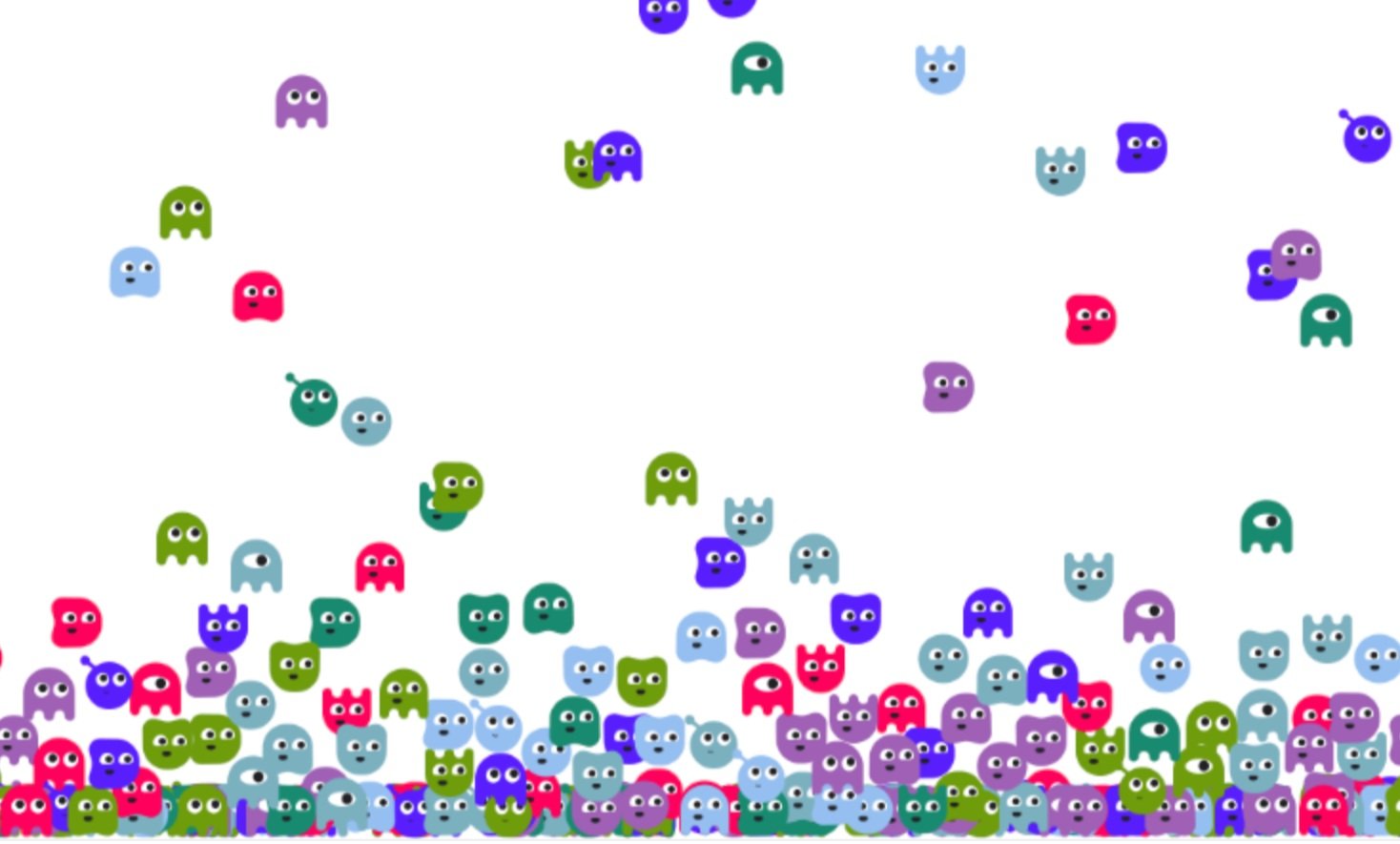Introduction ?:
I vividly recall a particular meeting where I witnessed firsthand the impact of anonymous feedback about sensitive topics related to diversity, equity, and inclusion (DE&I).
During the meeting, our moderator encouraged us to share a time when we felt like an outsider. This was something that could be uncomfortable to share out loud.
So the moderator offered to let us share our feedback through an anonymous message option. This made the exercise much easier, and more comfortable. To enter comments, participants quickly scanned a QR code, then started typing away. The stories that they shared encouraged open dialogue.
This experience highlighted, for me, the value of anonymous feedback in fostering open conversations. It allowed us to transcend personality differences, rank dynamics, and facilitated dialogue around uncomfortable subjects.
In this article, we delve into why anonymous feedback in meetings is crucial for inclusivity, drawing on the influence it has on different personality types, rank in organizations, and discussions of sensitive topics.
Personality Differences ???:
We all know personality differences can significantly influence participation levels and the willingness to express oneself openly in meetings.
Some individuals may be naturally extroverted and comfortable speaking up, while others may be more reserved or introverted. However it’s frequently the quiet and thoughtful meeting attendee that has the breakthrough idea or point. It’s critical to level the playing field, allowing all personality types to contribute their thoughts without hesitation or judgment.
By eliminating biases associated with personalities, valuable insights from individuals who may otherwise remain silent are brought to the forefront, leading to more diverse and inclusive discussions.
Rank-related Hurdles?☝️:
In hierarchical organizations, employees often grapple with concerns about challenging ideas or providing candid feedback to higher-ranking individuals. The fear of repercussions or damaging professional relationships can hinder open dialogue.
Anonymous feedback helps mitigate these hurdles by removing the influence of rank, creating a safe environment where employees at all levels can express their thoughts freely. This empowers individuals to share their perspectives without fear of negative consequences, promoting a culture of transparency and inclusivity.
Sensitive Topics?:
Sensitive topics, such as DE&I-related conversations, require empathy, understanding, and careful consideration. Individuals may feel uncomfortable discussing these issues openly due to fear of saying the wrong thing or unintentionally causing offense.
Anonymous feedback provides a shield of protection, allowing participants to express their thoughts, share personal experiences, and engage in discussions without the fear of judgment.
Anonymity encourages individuals to be more vulnerable, resulting in deeper and more meaningful conversations around sensitive topics.
Physical Location ???:
With the advent of hybrid meetings, where participants join either in person or online, the need for inclusive tools that ensure equal participation has become more critical than ever. The physical location of individuals can create disparities in engagement and interaction. Those attending in person benefit from non-verbal cues and immediate presence, while virtual participants may face challenges in feeling connected and included. To bridge this gap, it is essential to find tools and platforms that enable seamless collaboration and equal participation, regardless of whether someone is attending online or in person.
By leveraging technologies like MeetMoji, we can create a level playing field where everyone has an equal opportunity to contribute their thoughts and ideas, fostering inclusivity and maximizing the potential of hybrid meetings.
Conclusion ?:
Anonymous feedback opens doors to fresh perspectives and encourages individuals to challenge their own biases and assumptions.
When people are shielded by anonymity, they feel more comfortable exploring new ideas, admitting mistakes, and seeking personal growth.
The absence of judgment allows for more authentic and honest conversations, helping to bridge gaps in understanding and promote a culture of learning.
Inclusive meetings require an environment that values diverse voices, encourages open dialogue, and addresses sensitive topics with empathy. Anonymous feedback serves as a catalyst for achieving these goals. By removing the barriers of personality differences, rank-related concerns, and discomfort surrounding sensitive topics, anonymity empowers individuals to share their thoughts freely, leading to more inclusive discussions and driving positive change.
Let’s embrace the power of anonymous feedback in meetings, and create spaces where everyone’s voice is heard, respected, and valued, fostering a culture of inclusivity and growth.
At MeetMoji ? , we recognized the need for a platform that levels the playing field when it comes to providing anonymous feedback. Whether in person or online, our goal was to create an inclusive environment where individuals, regardless of their personality type, rank within an organization, or engagement location, could freely express their thoughts.
By embracing anonymity, MeetMoji empowers users to contribute without fear of judgment or repercussions This enables a diverse range of voices to be heard and fosters a more inclusive and collaborative atmosphere.
We believe that every individual’s input is valuable, regardless of who they are or where they engage from, and MeetMoji provides the platform to make that belief a reality.
To make your next meeting more inclusive, please give MeetMoji a try.
Visit ?www.meetmoji.com ? for more information, and to start your journey to better meetings

